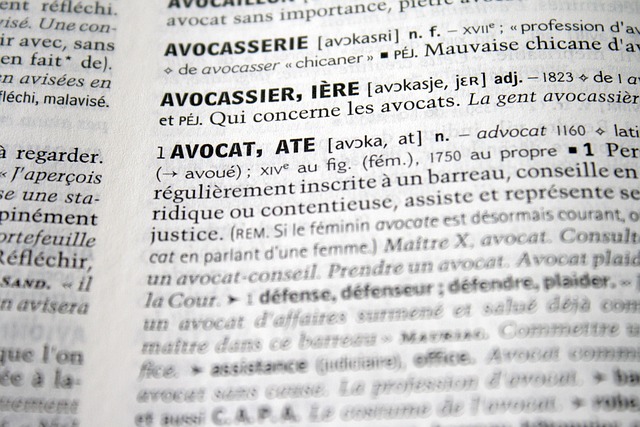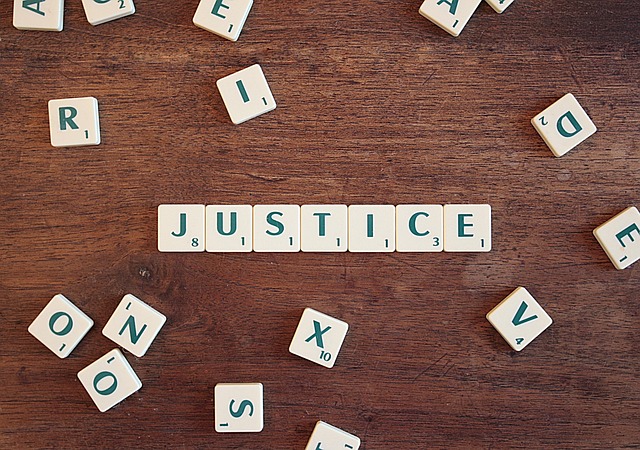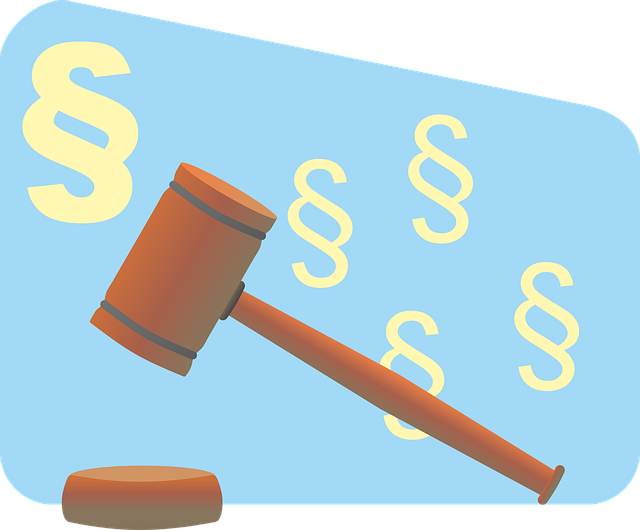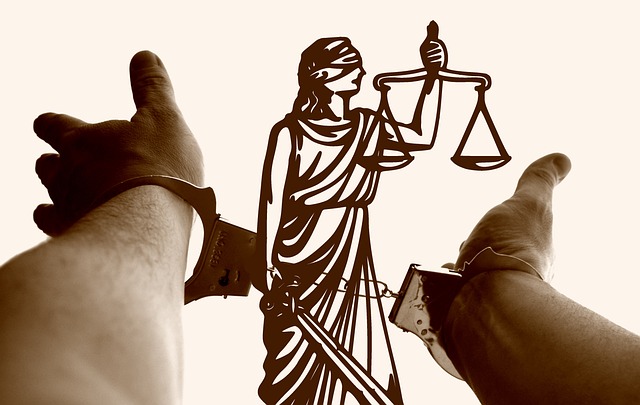Criminal law enforcement plays a multifaceted role in societal order, from crime prevention to dispute resolution. Understanding this system is vital for effectively addressing real estate conflicts. The process involves evidence collection, expert analysis, and prosecution decisions. Alternative dispute resolution methods like mediation and arbitration offer more control and cost savings. Skilled attorneys guide clients through these processes, aiming for mutually agreeable solutions. Effective communication and documentation ensure fairness, transparency, and accountability in law enforcement, facilitating swift and just resolution of real estate disputes.
Criminal law enforcement is a cornerstone of society, tasked with upholding justice and protecting citizens. This article delves into the multifaceted role and jurisdiction of criminal law enforcement agencies, exploring key processes from crime investigation to prosecution. We dissect dispute resolution strategies specific to real estate cases, offering insights on navigating legal recourse effectively. Furthermore, we emphasize the importance of communication and documentation in ensuring fairness and transparency within the criminal justice system, with a focus on practical tips for resolving real estate disputes.
- Understanding Criminal Law Enforcement: An Overview of Its Role and Jurisdiction
- The Process of Investigating and Resolving Crimes: From Evidence Collection to Prosecution
- Dispute Resolution Strategies for Real Estate Cases: Navigating Legal Recourse
- Effective Communication and Documentation in Criminal Law Enforcement: Ensuring Fairness and Transparency
Understanding Criminal Law Enforcement: An Overview of Its Role and Jurisdiction

Criminal law enforcement plays a pivotal role in maintaining societal order and ensuring public safety by investigating and prosecuting criminal activities. Its primary jurisdiction encompasses a wide range of offenses, from minor misdemeanors to grave felonies. Understanding this intricate system is crucial for anyone seeking to resolve real estate disputes or navigate legal challenges effectively. By comprehending the processes and powers granted to law enforcement agencies, individuals can better protect their rights and interests in various legal scenarios.
The role of criminal law enforcement extends beyond mere arrest and prosecution. It involves proactive measures such as crime prevention, intelligence gathering, and community engagement. A well-functioning system aims to avoid indictment by utilizing alternative dispute resolution methods, offering restorative justice initiatives, and fostering collaboration between law enforcement, philanthropic organizations, and political communities. Ultimately, these efforts contribute to building safer neighborhoods and winning challenging defense verdicts while upholding the balance of justice in society.
The Process of Investigating and Resolving Crimes: From Evidence Collection to Prosecution

The process of investigating and resolving crimes is a meticulous one, involving a series of steps that culminate in prosecution. It begins with evidence collection, where law enforcement officers meticulously gather physical and digital clues from the scene and interview witnesses. This phase requires skill and precision to preserve the integrity of the evidence, which is crucial for later use in court. Once sufficient evidence is gathered, it’s analyzed by experts who determine its admissibility and relevance under criminal procedure laws.
The next stage involves presenting this evidence to a prosecutor, who makes the decision to file charges against the suspected offender. This decision is based on the strength of the case and the potential for a winning challenging defense verdict. If charges are filed, the case progresses to an arraignment where the defendant is informed of the accusations against them. From here, the respective business of a trial unfolds: pre-trial hearings, jury selection, and ultimately, jury trials where both parties present their cases. The goal throughout is to ensure justice is served by resolving real estate disputes within the legal framework, aiming for fair and winning verdicts.
Dispute Resolution Strategies for Real Estate Cases: Navigating Legal Recourse

When it comes to resolving real estate disputes, understanding dispute resolution strategies is crucial for both property owners and agents. The first step in navigating legal recourse often involves identifying the specific issue at hand—whether it’s a contract dispute, boundary conflicts, or non-payment of rent. Once defined, parties can explore various options, including mediation and arbitration, which offer more control over the process compared to traditional jury trials. These alternative methods encourage open communication and collaborative problem-solving, potentially saving time and legal costs associated with lengthy court battles.
For his clients involved in real estate litigation, a skilled white collar defense attorney can provide invaluable guidance. They can help negotiate settlements, mediate disputes outside of court, or represent their clients in jury trials if necessary. The goal is to find an efficient and mutually agreeable solution while minimizing legal risks and maintaining professional integrity.
Effective Communication and Documentation in Criminal Law Enforcement: Ensuring Fairness and Transparency

Effective communication and documentation are pivotal in criminal law enforcement to maintain fairness and transparency throughout all stages of the investigative and enforcement process. Clear and concise record-keeping ensures that every step taken by authorities is auditable, allowing for public scrutiny and accountability. When disputes arise, as they occasionally do in real estate transactions, well-documented processes facilitate the swift resolution through mediation or legal channels.
Accurate documentation includes detailed notes on interactions with individuals involved, evidence collected, and decisions made. This transparency builds trust between law enforcement agencies, the respective business entities, and the philanthropic and political communities. By adhering to meticulous communication standards, authorities can prevent misunderstandings, reduce errors, and ultimately serve justice more effectively.
Criminal law enforcement plays a pivotal role in maintaining societal order and ensuring justice. By understanding the intricate processes from investigation to prosecution, professionals can effectively navigate complex scenarios. Additionally, embracing strategies like efficient communication and documentation not only enhances fairness but also streamlines dispute resolution, be it in real estate or other sectors. Mastering these skills is key to resolving real estate disputes successfully while upholding the integrity of the legal system.






